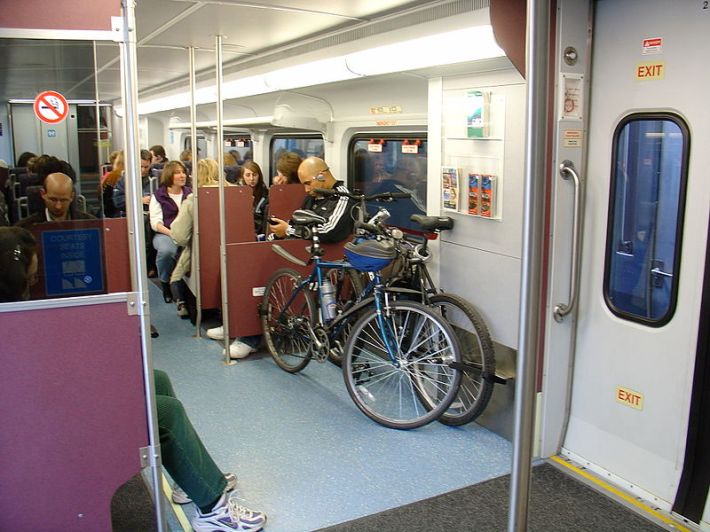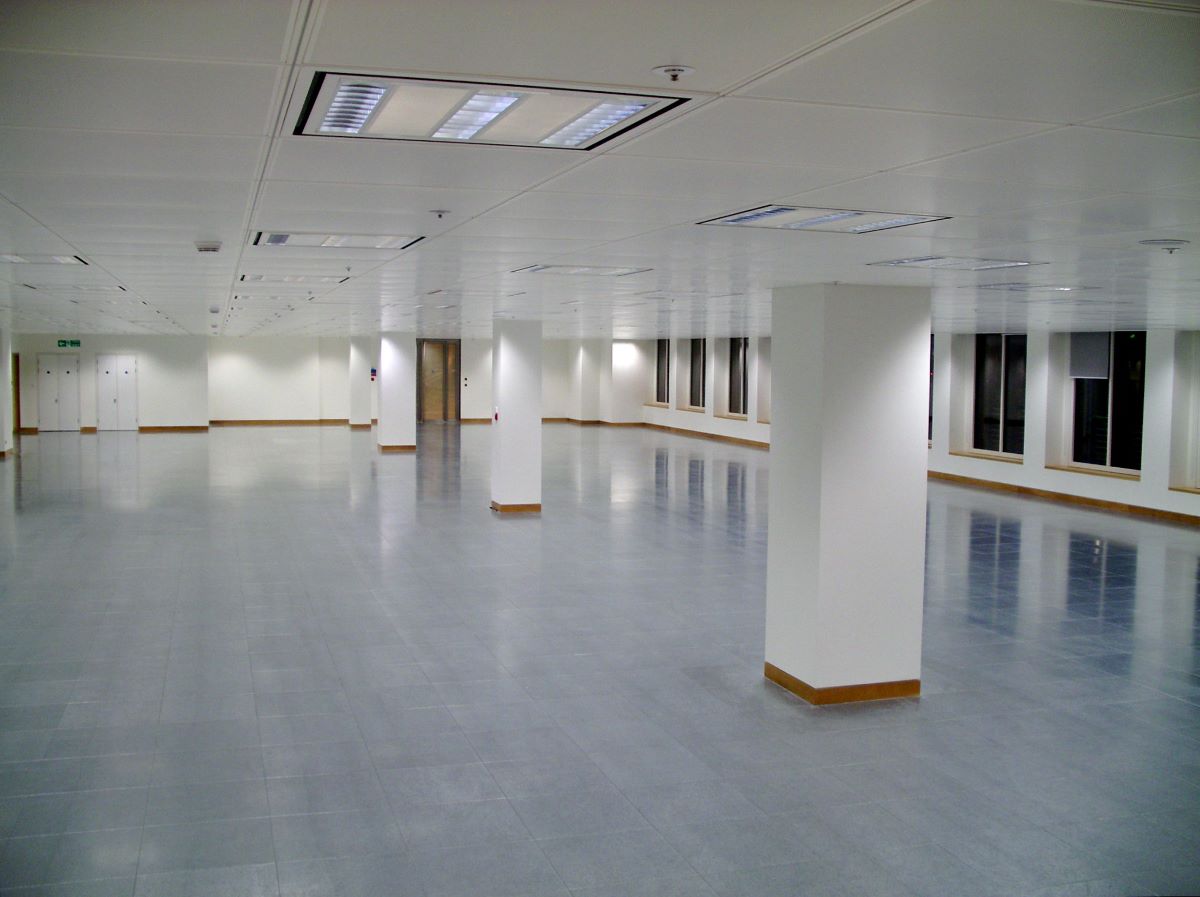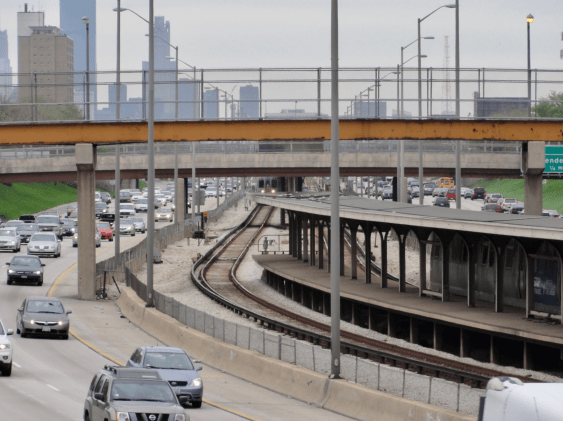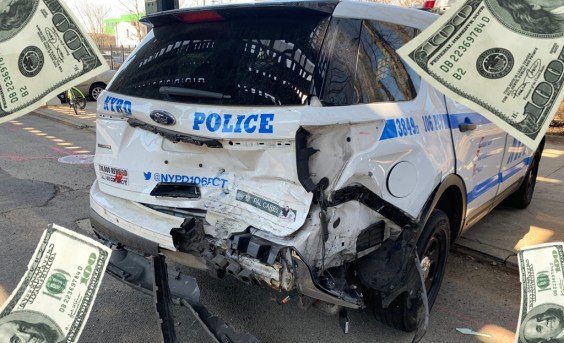Parking
Congress Expected to Level Tax Benefit for Transit and Car Commuters
Stay in touch
Sign up for our free newsletter
More from Streetsblog USA
Thursday’s Headlines Turn Up the Heat
Whether you realize it or not, climate change is here, and not just in the form of natural disasters.
Wednesday’s Headlines Are Running on Empty
Fewer commutes to downtown offices means less money to fund transit services, even as money for autocentric infrastructure keeps right on flowing.
What to Say When Someone Claims ‘No One Bikes or Walks in Bad Weather’
Yes, sustainable modes are more vulnerable to bad weather. But that's why we should invest more in them — not less.
Chicago Announces $2M Federal Grant to Address Harms Caused By I-290
The Mayor's Office says the money will fund "improvements for people walking and bicycling on existing streets and paths surrounding and crossing the corridor."
Car Crashes by City Workers Cost NYC Taxpayers $180M in Payouts Last Year: Report
A record number of victims of crashes involving city employees in city-owned cars filed claims in fiscal year 2023 — and settlements with victims have jumped 23 percent, a new report shows.





